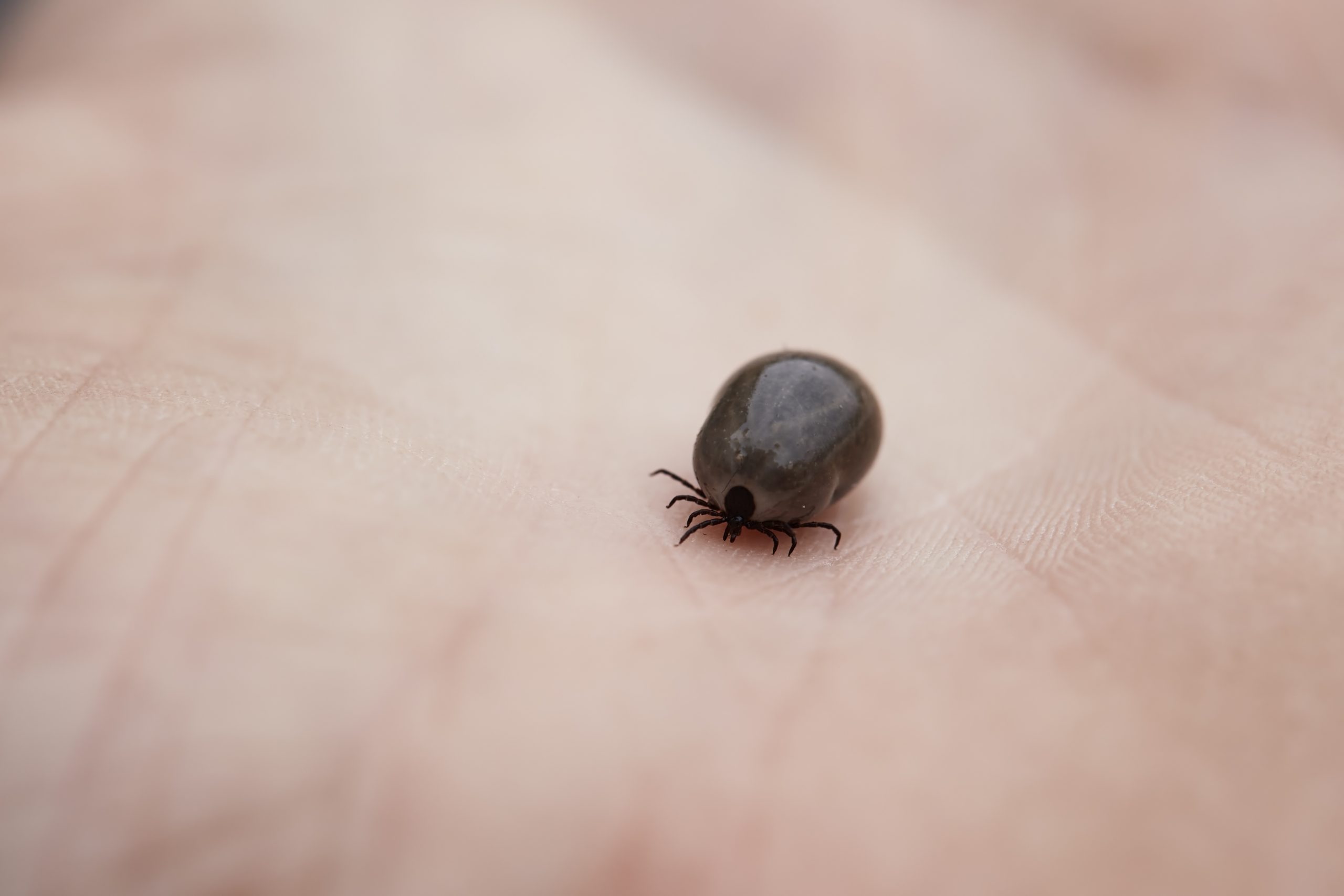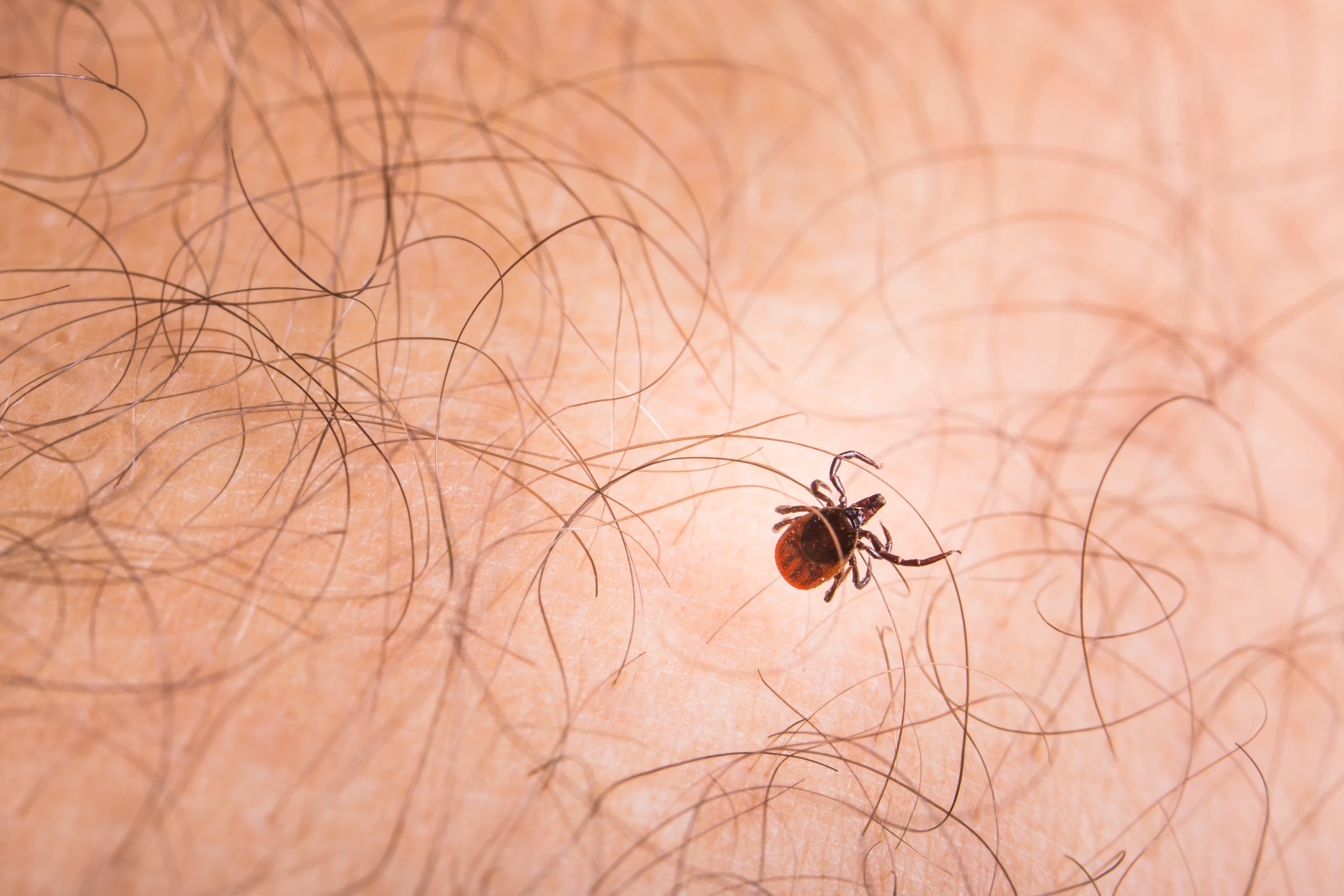Do Ticks Have a Preference for Blood Type?
bcconw06
Feb 15, 2024 · 16 min read

Ticks, those tiny arachnids that often evoke shudders and concerns about Lyme disease, have long been the subject of various inquiries. One curious question that often arises is whether ticks exhibit a preference for specific blood types. Join us as we delve into the intriguing world of ticks and explore whether they harbor any particular affinity for certain blood types.
The Ticking Question:
As outdoor enthusiasts and nature lovers, many of us are familiar with the nuisance that ticks can be during our adventures in the great outdoors. The potential health risks associated with tick bites, such as Lyme disease, make understanding their behavior a matter of paramount importance.
The Blood Type Connection:
While ticks are generally opportunistic feeders, drawn to the scent, warmth, and carbon dioxide emitted by potential hosts, the idea that they may have a preference for specific blood types has sparked curiosity. However, scientific research on this specific aspect remains limited.

Current Scientific Understanding:
As of our knowledge cutoff in early 2022, there isn’t substantial scientific evidence supporting the notion that ticks exhibit a clear preference for one blood type over another. Ticks are known to feed on a variety of hosts, including mammals, birds, and reptiles, suggesting a broad feeding strategy rather than a specific blood type preference.
Factors Influencing Tick Behavior:
Several factors influence tick behavior, and blood type may not be the sole determinant. Factors such as body temperature, the presence of certain chemicals on the skin, and individual variations in skin acidity may play a role in attracting or repelling ticks.
Protective Measures:
While the question of blood type preference remains uncertain, taking precautionary measures against tick bites is crucial. Whether you have A, B, AB, or O blood, the following tips can help reduce your risk of tick encounters:
- Wear Protective Clothing: Long sleeves, pants, and closed shoes can create a physical barrier against ticks.
- Use Tick Repellent: Apply tick repellents containing DEET or other recommended ingredients to exposed skin.
- Stay on Trails: Stick to marked trails and avoid tall grasses and dense vegetation where ticks may lurk.
- Perform Tick Checks: After spending time outdoors, thoroughly check your body, clothing, and gear for ticks. Prompt removal reduces the risk of disease transmission.

While the question of whether ticks prefer a specific blood type remains intriguing, it is crucial to focus on proven methods for tick prevention. As we await further scientific exploration into this matter, let’s stay informed and take practical steps to enjoy the outdoors safely. Remember, regardless of your blood type, a proactive approach to tick prevention is the key to a worry-free outdoor experience.
Read More

As temperatures rise on the South Shore of Massachusetts, so does the activity of ticks, those tiny arachnids that become more active in warmer months, posing a potential threat to the health of resid
bcconw06
Feb 23, 2024

Ticks, those tiny arachnids that often evoke shudders and concerns about Lyme disease, have long been the subject of various inquiries. One curious question that often arises is whether ticks exhibit
bcconw06
Feb 09, 2024

As the warm seasons approach, so do the notorious companions – mosquitoes and ticks. While the great outdoors beckon, addressing the lurking health risks these pests bring is crucial. This guide wil
bcconw06
Feb 07, 2024